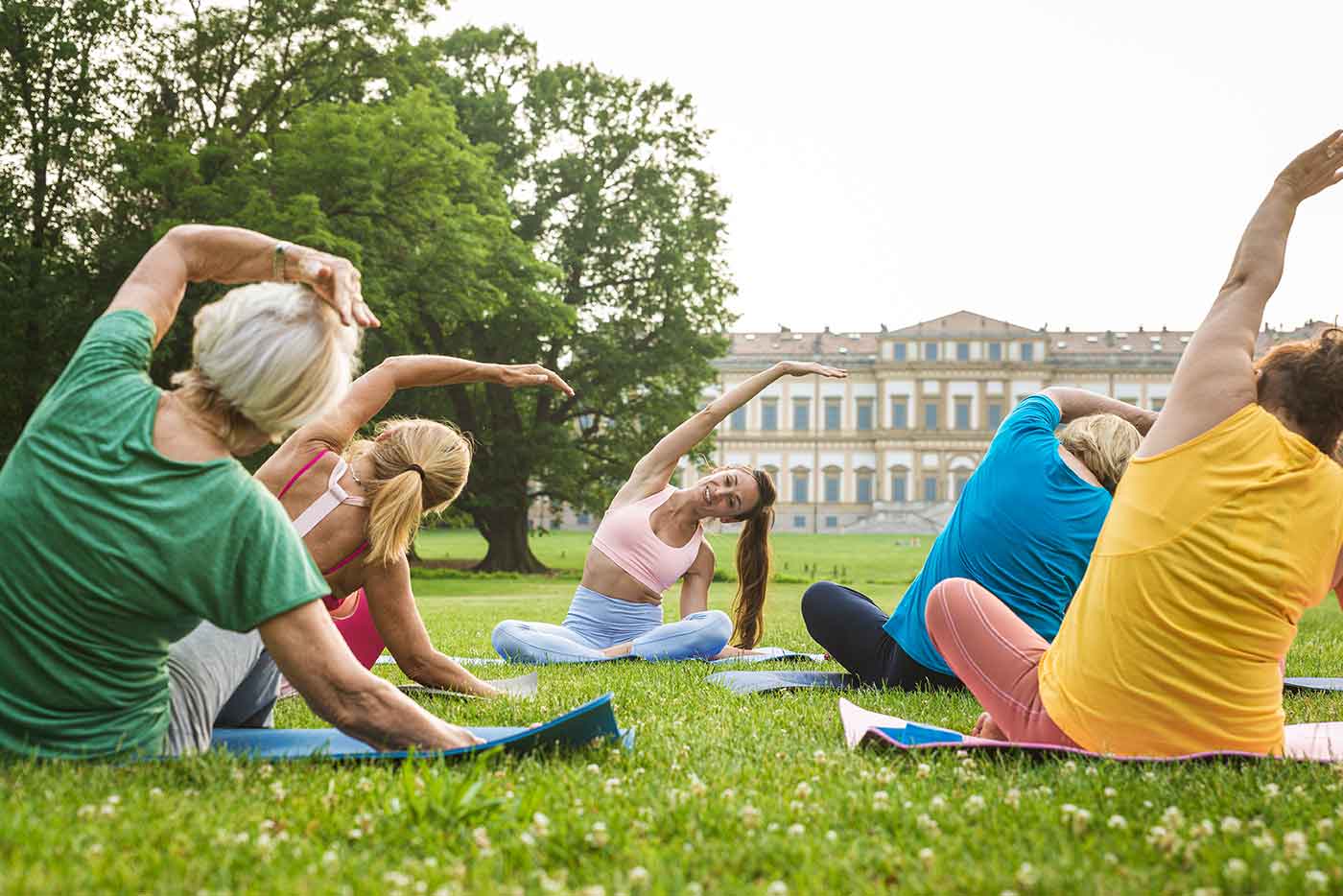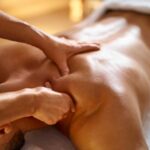Whoever said that staying fit was exclusively for the youth? Believe it or not, several studies show that it is never too late to get fit. As you age, your body goes through several changes. Making lifestyle choices such as healthy eating and maintaining adequate fitness levels can help with independence and impact how your body develops resistance to diseases and health risks.
Regardless of age, the human body is built to respond to exercise. And there’s no rule that says you need to do vigorous exercise to remain fit. No matter what age you are, there is bound to be an exercise routine tailored to your needs.
Benefits of Staying Fit
There are various health benefits to staying fit as you age. Some of these include:
Improving Muscle Mass
As we grow older, the amount and size of our muscle fibres decreases bit by bit. An average human body loses roughly around 3kg of lean muscle every 10 years from middle age. More often than not, these changes in muscle mass are brought about due to the inactivity of the human body that comes with age. Regular exercise, even for a relatively short period of time, can help maintain and improve muscle mass in an older individual.
Strengthening Bones
Past the age of 40, bone density is prone to deteriorate. As you grow older, the rate of bone loss can increase, making older people more prone to fractures. Regular exercise can help reduce the risk of bone loss and osteoporosis in old age. It is recommended to try weight exercises to help keep bones healthy and strong.
Maintaining Healthy Joints
It is no mystery that the joints of the body tend to weaken with age. They require regular movement to remain flexible and healthy which is why some light non-strenuous exercise can be highly beneficial. People who suffer from arthritis can reap amazing benefits from aerobic exercises and strengthening programs.
Maintaining Balance and Flexibility
As you age, there are increased risks of falling and seriously injuring yourself. However, with regular exercise, there can be significant improvement to your balance and flexibility as you age.
Ensuring a Healthy Heart and Lungs
Regular exercise promotes healthy breathing, which in turn supplies more oxygen to the heart. Cardiorespiratory fitness often takes longer to achieve in older people, but the physical benefits are definitely worth it. Along with a healthy heart and lungs, regular exercise can also improve your brain function.
Tips for Staying Fit
Wanting to stay fit is one thing, but the real challenge is actually following through on it. Here are some top tips to help you get started on your fitness journey:
- It is always important to know what works for you. Overworking yourself or taking on more than you can handle seriously increases the risk of injuring yourself and burning out quickly. If you are over the age of 40, obese, suffer from a chronic illness or have been inactive for a while, consult with your doctor before embarking on a new exercise routine.
- You are more likely to continue with an exercise routine if it is something you enjoy. This is why it is always a good idea to choose activities you find interesting.
- The more the merrier. Exercise with your friends. This can help take some of the pressure off, making it seem less like a physical activity and more like an enjoyable social outing.
- There is no need to hit the gym if it intimidates you. Safe, easy and comfortable forms of exercise are just as effective. Try walking, swimming and cycling to get that daily dose of physical activity without having to follow a rigorous exercise routine.
- A lot can be achieved in a short span of time. Tailored weight training programs can help increase muscle mass in as little as 6–8 weeks.
- If you’re new to exercising, a great tip is to start off slowly and aim for small improvements. While it may seem hard at first, you’ll get the hang of it as you go on. Keeping track of your progress as you achieve short-terms goal can help motivate you for the long term.
- Too much of something can also be harmful. To ensure you don’t overdo it, make sure to check your pulse frequently.
- You can never be too careful when it comes to exercising. Make sure to use the appropriate safety gear wherever required and wear the right clothing to maximise movement and reduce risk of injury.
- The most important step: make sure to stay hydrated!
Remember, the smallest step can make a big difference in the long run. Be good to yourself and nurture your body. Switch to healthy eating habits and make sure to get in that daily dose of exercise for a long and healthy life!















